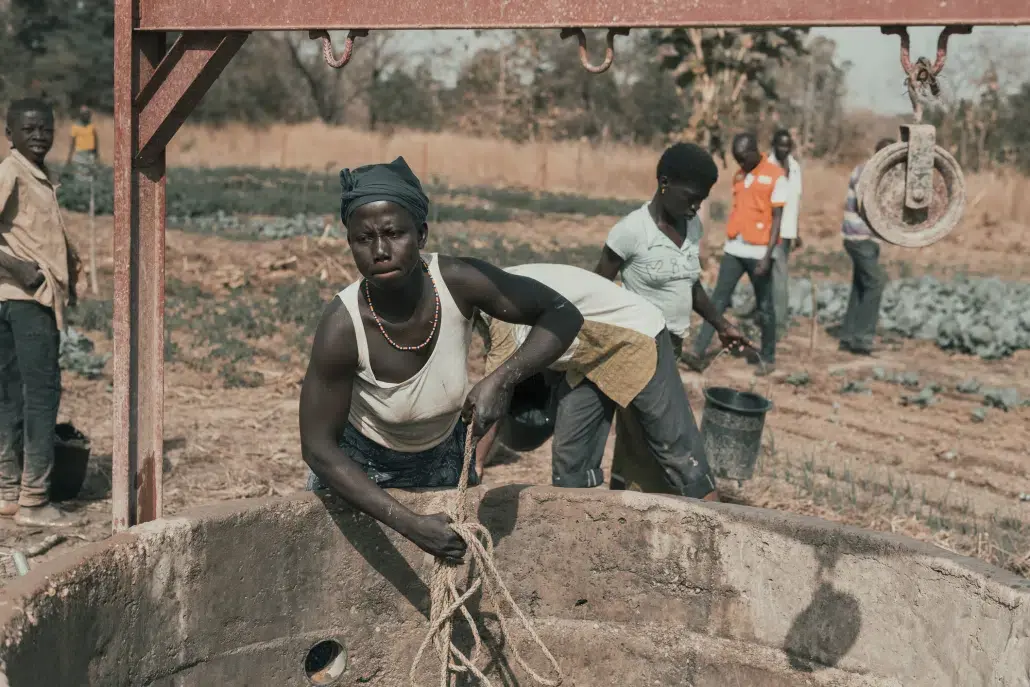Africa is one of the continents most affected by climate change, according to the Intergovernmental Panel on Climate Change (IPCC). Key development sectors have already suffered widespread losses and damage, such as loss of biodiversity, water scarcity, reduced food production, loss of life and reduced economic growth. IPCC explained that Africans are disproportionately employed in climate-exposed industries: In sub-Saharan Africa, 55-62% farm workers are employed in agriculture and 95% of arable land is rain-irrigated. Poor and female households face greater livelihood risk from climate hazards. In urban areas, the growing informal settlements without basic services are particularly vulnerable to climate hazards, especially women, children and the elderly. The effectiveness of adaptation attempts to reduce today’s global warming is known, but not their effectiveness at future warming levels.

According to Nachrichten Afrika Deutschland (NAD), more people are forced to flee inland, as storm surges and erosion threaten life on West African coasts. First the villages shrink, then disappear in the sand. People also contribute to the destruction of coastal vegetation. Ghana has started using breakwaters to fight the encroaches of the ocean. The report explains that a $220 million World Bank project is set to repair the coastal defenses of Benin, Ivory Coast, Senegal and Togo and restore wetlands lost to erosion. The situation is becoming more serious in North Africa, where Tunisian beaches are being washed away, and on coasts of East and South Africa.
